For many Americans, knowing the nutritional composition of what they eat has become really important. More so if certain ingredients can cause health problems in the long run.
Gluten has become one of the most dreaded components because of its direct relation to celiac disease, and its pervasive effects. People have started to prefer foods labeled gluten-free. But the absence of this label on Goat Milk products makes them wonder if dairy products are safe to consume.
Let’s first define what Celiac disease and gluten are, and then find out if goat milk, or dairy products in general, are safe to consume.
What is Gluten Free?
The Celiac Disease Foundation defines gluten as “a general name for the proteins found in wheat…rye, barley, and triticale – a cross between wheat and rye.” Its two main components are glutenin and gliadin. Gluten is what makes flour have that sticky consistency when we mix it with water. It also helps food keep its shape and gives it that satisfying chewy texture.
However, gluten can have harmful effects on the body of those who have celiac disease or non-celiac gluten sensitivity. Celiac disease affects nearly 3 million Americans, and it’s an autoimmune disorder triggered by the consumption of gluten.
When a person who has celiac disease ingests food containing gluten, their bodies react to the protein composite. This is damaging the wall of the small intestine in the process. This causes food absorption to become inefficient and brings many severe health consequences if it is not controlled. They can experience awful symptoms that include diarrhea, gas, abdominal pain, nausea, headaches, tiredness, constipation, heartburn, and others.
People with celiac disease need to know exactly what’s in their food and often wonder: is goat milk gluten free? Is cow’s milk?
Since milk is not produced using wheat, barley, rye or any other cereal, it is, in fact, gluten-free.
However, people with gluten sensitivities, allergies, or celiac disease are extremely susceptible even to trace amounts of this protein composite. They must avoid food that might be cross-contaminated.
What is Cross-contamination?
Cross-contamination happens when food that wouldn’t normally contain gluten is in contact with food that does. For someone who has celiac disease, is allergic, or sensitive to it and following a gluten-free diet, eating cross-contaminated food can cause adverse reactions.
Can milk be cross-contaminated with gluten? This is very unlikely. If you are currently on a gluten-free diet, you can safely drink any kind of milk.
If Milk Doesn’t Have any Gluten, Why Do I Feel Ill When I Drink Cow’s Milk?
In some cases, celiac disease results in damage to the intestinal lining. This damage causes a temporary difficulty to digest lactose, which is the sugar found in milk.
When this gluten-caused disorder has damaged the absorptive surface of the small intestine, lactose isn’t properly absorbed, and bacteria takes the place of lactase (lactose digestive enzyme) in breaking down lactose when it reaches the colon. This results in bloating, gas, and diarrhea, and it’s what is known as secondary lactose intolerance.

Goat Milk as a Viable Alternative
For lactose intolerant individuals, goat milk is an excellent alternative to cow’s milk. Goat milk does contain lactose but in smaller concentrations. Moreover, its overall composition makes it more easily digestible, and many people with celiac disorder drink it without problems.
Our bodies absorb goat milk more efficiently, so there is nearly no undigested residue left in the colon to ferment.
Another important factor in cow’s milk intolerance is the alpha S1 casein. This is the main protein in cow’s milk and the major cause of allergies and milk sensitivities not related to lactose. Goat milk’s content of this protein is a lot lower than cow’s milk, and goat milk is considered to be more similar to breastmilk.
If you follow a strict gluten-free diet, your small intestine will be able to heal, making lactose intolerance temporary for most celiac patients.
Additional Health Benefits of Goat Milk
Goats milk nutritional composition is very different from cow’s milk. It has 13% more calcium, and a higher content of other important micronutrients such as vitamin A and selenium. Its high nutritional value combined with higher digestibility make it a great nutritious complement for those who have celiac disease and have been suffering from nutrient deficiencies derived from it.
Other Considerations
Even if milk is gluten-free, processed dairy foods are a different story. Experts indicate that some of the ingredients of certain dairy products can contain gluten and you need to be careful when consuming these.
For example, any processed cheese such as cheese spread or cheese singles are more likely to contain gluten, while naturally manufactured hard cheese such as Swiss, Gouda, cheddar, or parmesan are less likely to have any gluten in them.
It is essential that you read the labels before purchasing any dairy products, and it’s better if you always choose those with the “gluten-free” stamp. These products guarantee that there is no cross-contamination in products that don’t naturally contain gluten. By sticking to a strict gluten-free diet, you lower the risk of long-term health issues derived from celiac disease.
To purchase CapraMilk either whole or skim to make your own goat milk – click on the words “Goat Milk Powder.“
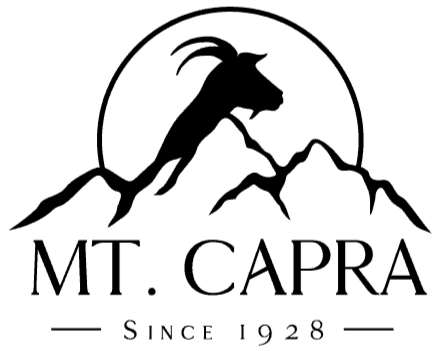
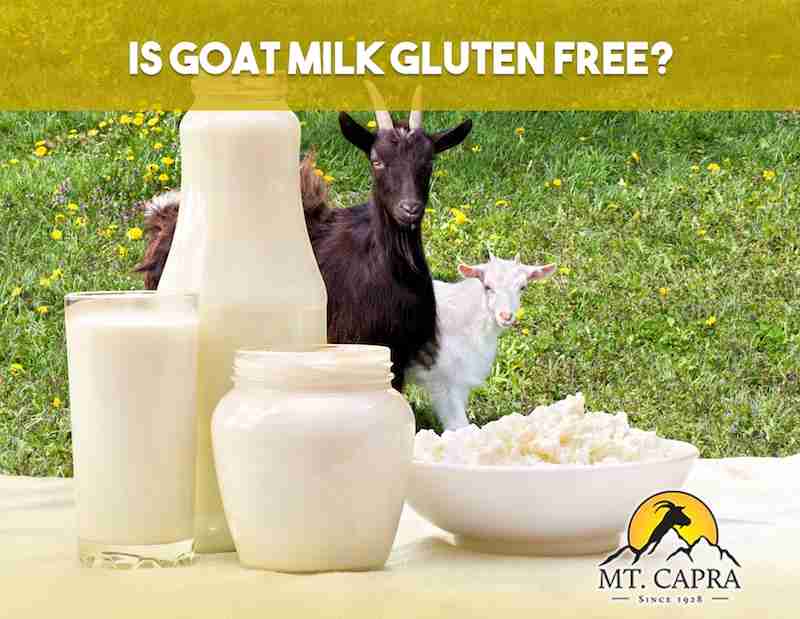
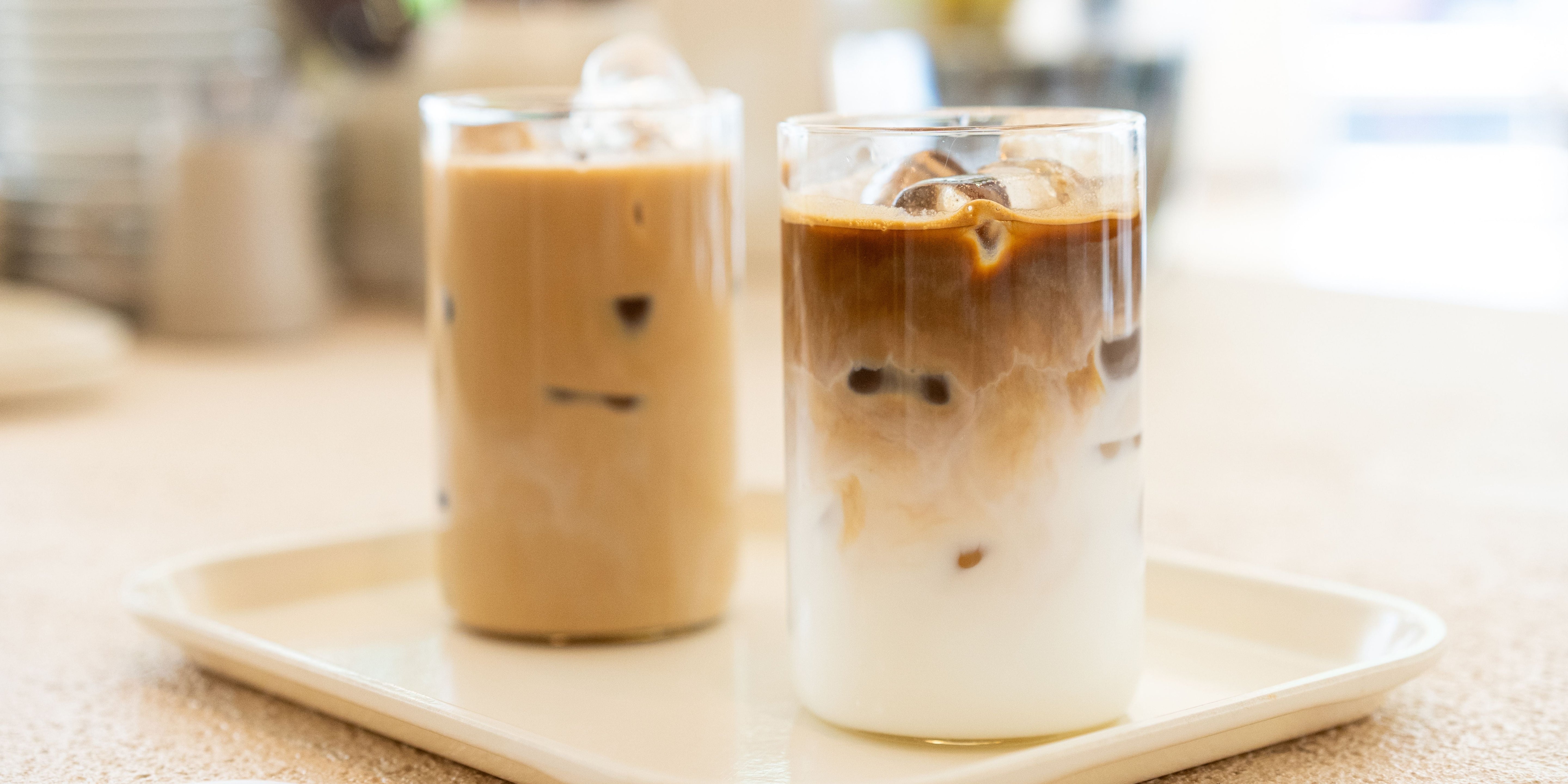

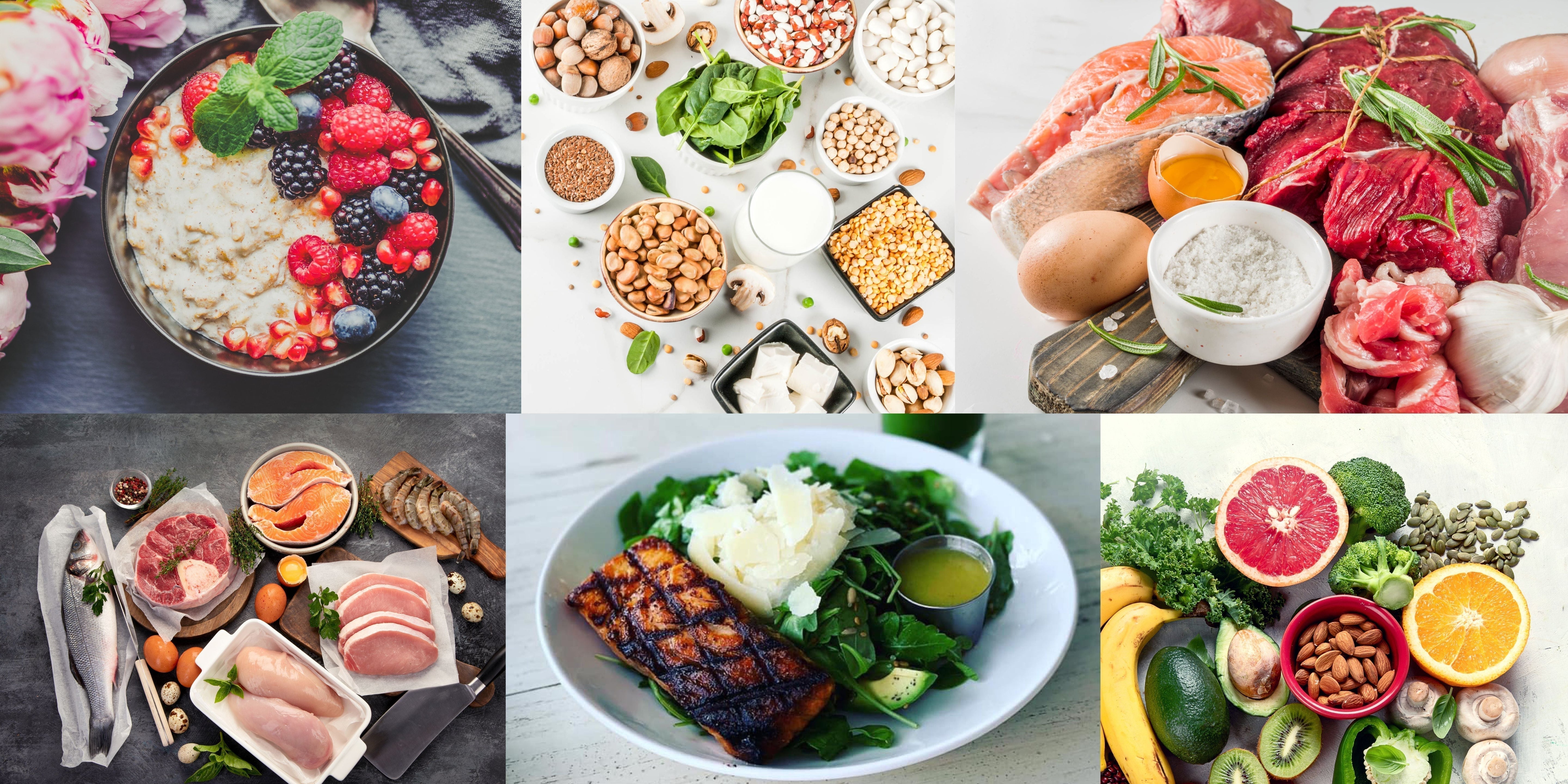
Share:
Chronic Constipation and the Role of the Gallbladder